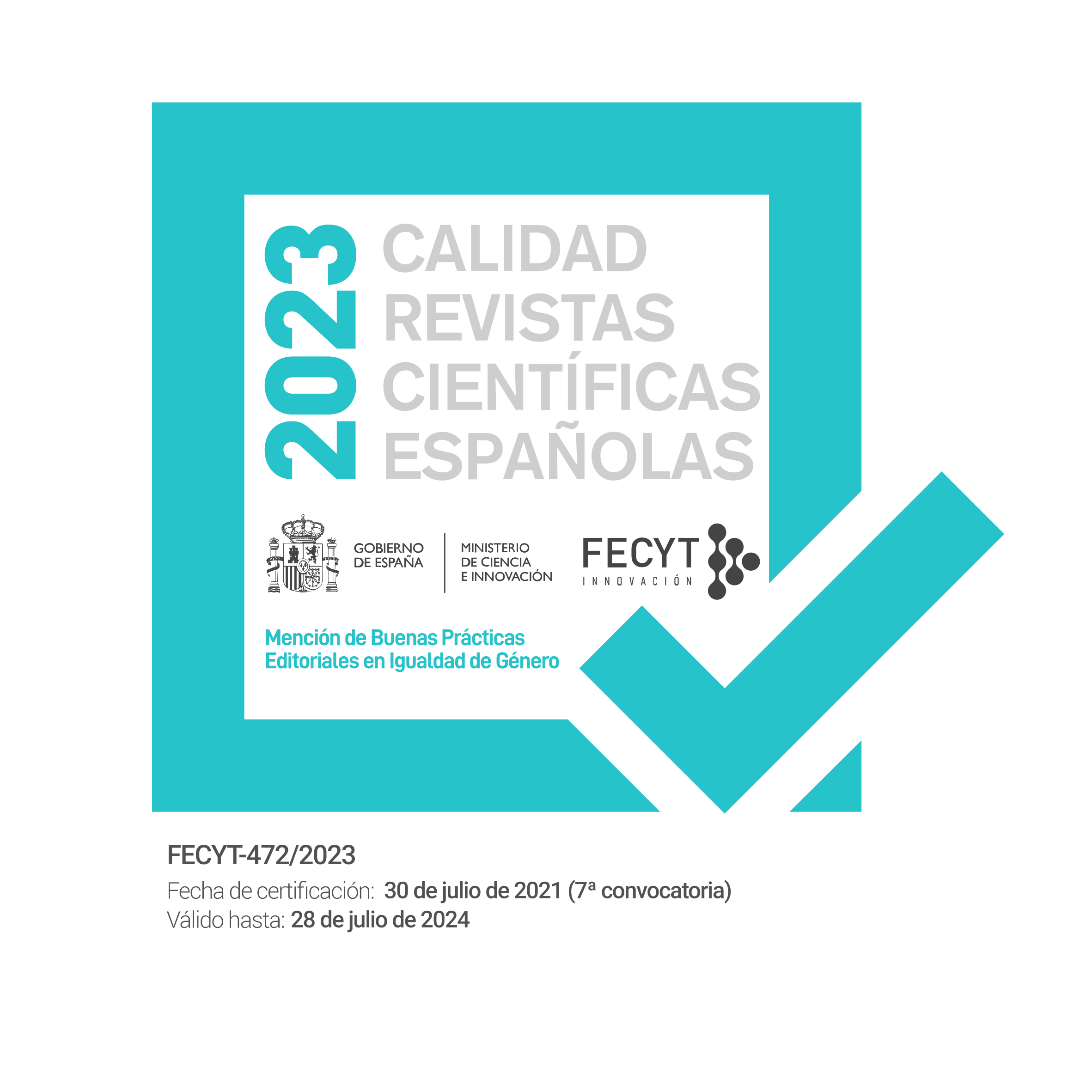
ISSN-e: 1988-7213
DOI: 10.30827/erph
The basic model applied by erph_Electronic Journal of Historical Heritage consists of publication of unpublished research papers and results of specific heritage experiences and projects following an external double-blind peer review process.
erph adheres to the Code of Conduct and the Best Practice Guidelines for Journal Editors of the Committee on Publication Ethics (COPE) https://publicationethics.org/ and the European Code of Conduct for Research Integrity (http://www.allea.org/wp-content/uploads/2017/05/ALLEA-European-Code-of-Conduct-for-Research-Integrity-2017.pdf)
Each author should have participated sufficiently in the work to take public responsibility for its content. Other persons contributing to the work who are not authors should be included in the acknowledgements section. The order of the authors will be jointly agreed by the co-authors and the Journal will not in any case act as a mediator. All authors agree to disclose any current or potential conflict of interest in relation to the publication of their article. Authors must ensure that they have written original works and when they use material that is not their own they must duly cite their sources. Any attempted plagiarism, citation manipulation, and data falsification/fabrication will lead to rejection of the manuscript submitted or if not previously detected, removal from publication and substitution with a reference “Removed due to plagiarism” or "Removed due to research misconduct". erph uses Turnitin as its main anti-plagiarism tool and the COPE criteria as the main guidelines for handling these cases: https://publicationethics.org/guidance?classification=2771.
Authors should not submit the same manuscript or describe essentially the same research in more than one journal. If this is found to be the case in a proposal sent to erph, the Editorial Board will act in accordance with the procedure described in https://publicationethics.org/sites/default/files/concurrent-submissions-multiple-journals.pdf.
All articles and reviews published in erph should be written using inclusive language. No manifestly racist or sexist content will be accepted, nor any other type of content which breaches the fundamental rights of individuals.
When an author discovers a significant error or inaccuracy in the published work, he/she must immediately notify the Journal and duly cooperate to retract or correct the document. The Journal will take all reasonable steps to identify and prevent the publication of documents that contravene this code of ethics or engage in research or publication malpractice, dealing appropriately with the allegations and facilitating the publication of corrections, clarifications, retractions and apologies where necessary. The information contained in the texts and the images accompanying them are the sole responsibility of their respective authors.
The journal does not accept or send advertising of any kind.
erph is committed to achieving effective equality between women and men in society through the following actions:
Editorial participation: The Journal aims for a balanced editorial team of women and men, which is reflected both in the composition of the editorial and advisory boards and in the selection of external reviewers.
Use of inclusive language: erph recommends the use of inclusive language in scientific articles that is in line with the principle of equality, replacing the use of the generic masculine to designate all individuals in a class or group, whether male or female, with generic terms, explanatory phrases, omission of references to the subject or, when none of the above is possible, references to both genders.
For more details of the different alternatives and proposed uses please visit the UN website: Gender-inclusive language.
Sex and gender in research: All research should avoid gender stereotypes and biases that adopt the masculine as the universal reference, exacerbate biological differences or naturalise socially constructed differences. They should also take into account the gender variable in any type of research involving humans or animals:
For more details, see the Handbook on Gender in Research (PDF in Spanish).

ISSN-e: 1988-7213
DOI: 10.30827/erph
Indexaciones y Calidad


Contact: redaccionerph@ugr.es
Dpto. Historia del Arte. Facultad de Filosofía y Letras. Campus Universitario de Cartuja s/n, 18071 Granada
Privacy statement| Legal notice| CC BY-NC 4.0 Licence | Ethics| Contact
© 2023 University of Granada
